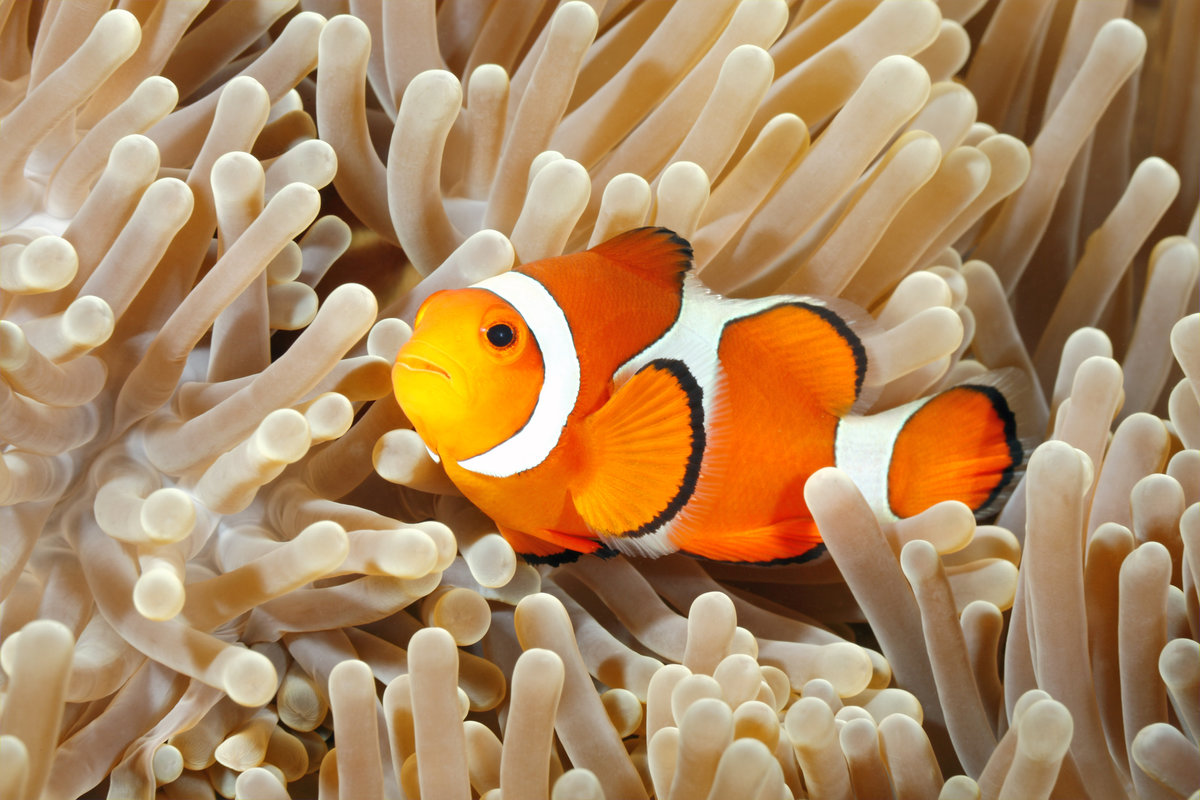
Almost 150 Flinders University students will enjoy life-changing international experiences next year as they build relationships and contribute to communities in the Indo-Pacific region, thanks to impressive funding success under the 2020 round of the New Colombo Plan (NCP) Mobility Program.
One of the successful projects will see eight engineering students undertake a semester-long Work Integrated Learning placement in state-of-the-art labs with Flinders’ Singaporean partners at Nanyang Polytechnic, or Nanyang Technical University.
Unlike a regular exchange, they will work on engineering projects side by side with Singaporean students and academics.
The project has been running under the New Colombo Plan banner since initial funding was awarded in 2016. Since then, it has hosted 22 students. This latest cohort will arrive at Nanyang Polytechnic at the end of August 2020.
This year’s NCP funding also saw multi-year funding awarded to a new semester-length program with South China Sea Fisheries Research Institute and Hainan University in China, which will enable five students to undertake research projects in leading Chinese fisheries research institutions. The projects will immerse students in aquaculture research, where China is the undisputed leader.
Other students will head to Vanuatu, including 18 who will spend five weeks on a trans-disciplinary project with local people and providers of business, legal, diplomatic and cultural services.
To date, 55 Flinders students have experienced the Maldives in a way most people never will. Thanks to successful funding for an expansion of the existing program, another 60 will have the same opportunity in 2020.
The Maldives is acquiring a reputation for excellence in marine environmental management, yet has serious issues in coral bleaching, marine plastics debris and unsustainable fishing.

During their visit, students will assist the region through activities with the International Union for the Conservation of Nature, a coral restoration project, an Indo-Pacific citizen science project, and tourism businesses.
Atoll volunteers who have partnered with Flinders University since the beginning of this project will ensure the students are fully immersed in the culture of the Maldives throughout their stay.
Sebastian Raneskold, Flinders University Vice-President and Pro Vice-Chancellor (International), says living and studying overseas presents students with a valuable opportunity to participate in cultures different to their own, providing a unique environment to develop diverse cross-cultural skills.
“Our continued funding success in NCP speaks of Flinders’ international mindedness, that our staff and students understand the value of international experiences and embrace this opportunity to strengthen their global understanding through study,” Mr Raneskold says.
“With funding from previous rounds included, Flinders will have access to over $1,000,000 in funding to support almost 280 students through New Colombo Plan grants over 2020-21,” he says.
The New Colombo Plan is an initiative of the Australian Government to deepen Australia’s knowledge of the Indo-Pacific and strengthen partnerships with the region through study and internship/mentorship undertaken by Australian grant recipients.
Subsidies are awarded to undergraduate students of between $1,000 and $3,000 for short term projects and $5,000 and $7,000 for semester length projects – with a fifth of the grant recipients also receiving language-training grants.
Flinders projects covered by this latest round cover a diverse range of topics including aquaculture, biology, engineering, science and innovation, environmental conservation, creative arts, business, sport and education, allied health, tropical ecology, language and literature, public health and nutrition; each involving collaborations with one or several international partners.
Participating students will study overseas in China, Singapore, Hong Kong, India, Thailand, Palau, Vanuatu, Malaysia, New Caledonia, Vietnam, Indonesia, Maldives and Japan.


